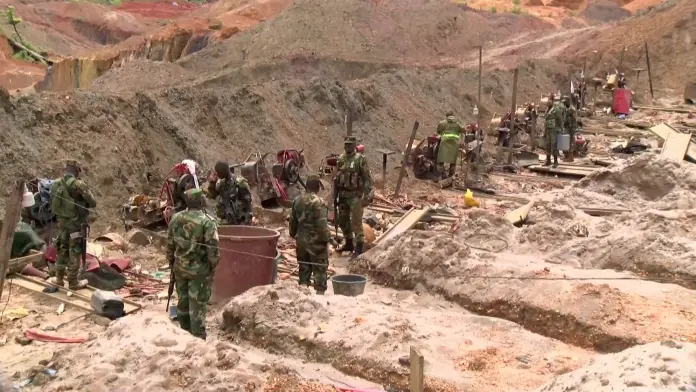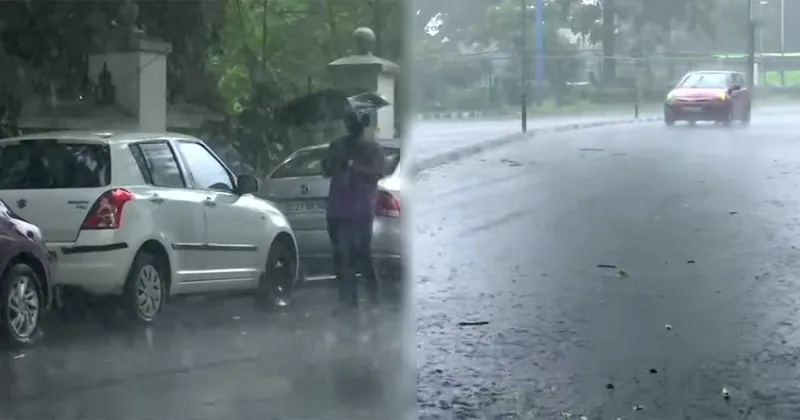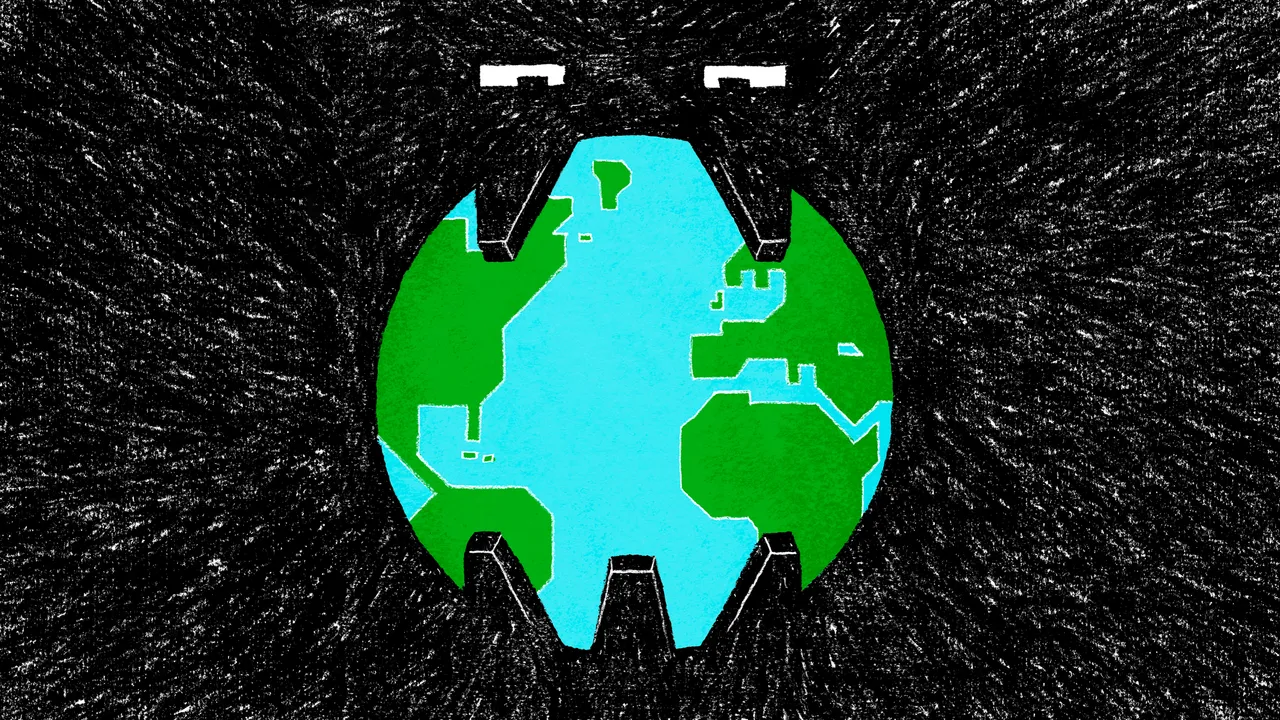Copyright ghanamma

Former Power Minister Dr. Kwabena Donkor has outlined practical reforms to transition Ghana from short term military operations against illegal mining toward sustainable legalized small scale operations. Speaking in an exclusive interview with The High Street Journal, the Member of Parliament (MP) for Pru East constituency emphasized that security forces should serve only as a temporary measure while the country develops comprehensive strategies for environmental renewal and job creation. Dr. Donkor advocates transitioning illegal miners to legal small scale mining through cooperatives, designating specific mining areas, implementing land reclamation programs, and promoting tree planting. His proposals center on education, technological modernization, and purposeful government action rather than continued reliance on enforcement alone. The former minister stressed that transforming Ghana’s mining sector must begin with proper sensitization of small scale miners about responsible mining methods and environmental protection. He believes miners need to understand not just the law but the reasons behind regulations, arguing that technical training and community level awareness campaigns can reshape the mindset of those involved in illegal operations. A central element of his plan involves collaborating with the Minerals Commission and Ghana Geological Survey Authority to identify mineral rich lands that can be designated for legal small scale mining cooperatives. Dr. Donkor questioned whether thorough mineralogical studies have been conducted in these areas, insisting the government must demarcate land where small scale miners can work legally without criminalization. He also called for adopting safer modern mining technologies used in countries like the Philippines and Chile, where small scale miners operate without harmful chemicals such as mercury. The former minister commended previous initiatives like Gold Katcha machines introduced by the Minerals Commission, which helped miners increase yields while minimizing environmental damage, and suggested deploying more such technology across mining communities. Dr. Donkor expressed particular concern about heavy machinery use in small scale mining, noting that areas which could support mining for four or five years are destroyed within six months when heavy excavators are deployed. He urged the government to discourage heavy machinery and replace it with appropriate mechanized equipment that proves more environmentally friendly and safer for workers. Another critical point involves making land reclamation an integral part of mining activities rather than an afterthought. Dr. Donkor insisted that reclamation should be embedded into the mining process itself, ensuring the environment is continuously restored even as mining continues and preventing the long term ecological devastation currently visible across Ghana. Illegal mining remains widespread across Ghana despite government efforts, with new groups taking over sites and polluting rivers while destroying forest reserves. Environmental journalist Erastus Asare Donkor reported in February 2025 that excavators continue operating in wetlands along the Pra River and other areas in Shama, causing severe environmental damage. The Trades Union Congress (TUC) has called for immediate revocation of mining licenses held by politically connected individuals from both major parties who are involved in illegal mining operations. TUC Deputy General Secretary Dr. Kwabena Nyarko Otoo revealed specific cases where politically exposed persons profit from galamsey while destroying water bodies and forests. Dr. Donkor believes the fight against illegal mining must transcend arrests and confiscations. He stated that while the coercive state apparatus must be shortened to stem the tide, medium to long term solutions must come from deliberate, purposeful transition. By combining education, technology, regulation, and environmental care, Ghana can transform its mining sector into a model of sustainable growth that protects the land while empowering its people. The former minister emphasized that artisanal mining has existed in Ghana for over five hundred years and called for a national dialogue to build consensus on the role, regulation, rehabilitation, technical improvement, tree planting, and welfare of miners and mining communities.



